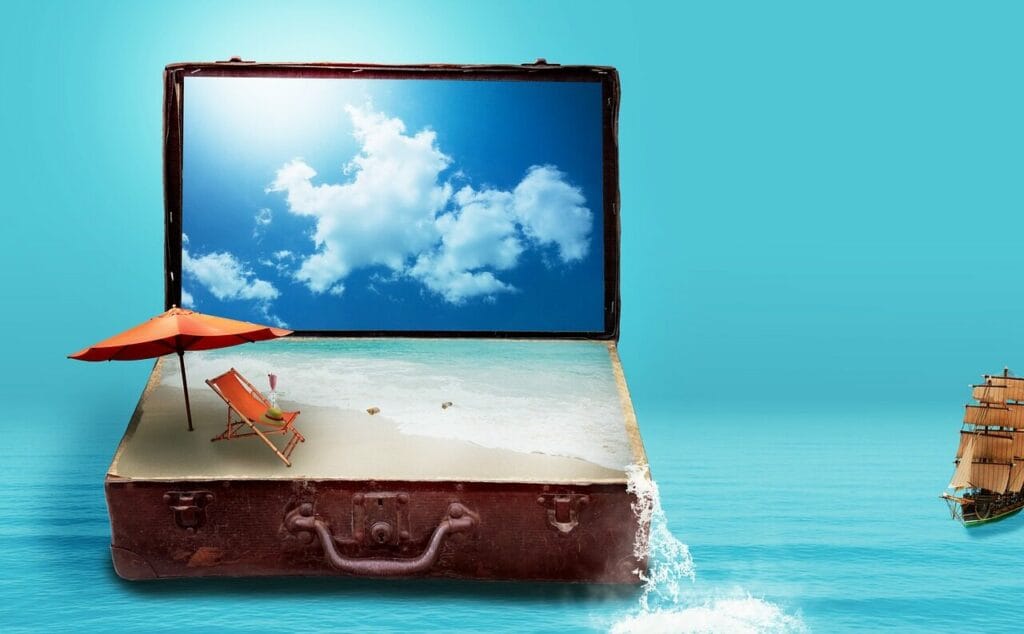The latest statistics show more proof that British Columbians have a waning interest in visiting the United States.
Washington state’s Whatcom Council of Governments reports a 37 per cent decline in B.C. plates driving south in October.
The trend started back in February, soon after Donald Trump was inaugurated as president, and around the same time that he started threatening to annex Canada, describing the nation as the “51st state.”
People in B.C. have clearly not forgotten nor forgiven those remarks, sidestepping leisure travel to the U.S.
The data collected from four different border crossings shows the steepest drop was recorded in April — down 51 per cent from the previous year. July numbers only dropped 28 per cent.
Related:
Meanwhile, domestic travel has soared this year as more Canadians choose to spend their money in Canada, rather than visiting the U.S.
Earlier this year, 1130 NewsRadio reported on figures from Flight Centre, which found a 20 per cent increase in the cancellation of flights from Canada to the U.S. between November 2024 and February 2025. It also noted a 40 per cent drop in bookings to the U.S. that month.
If you plan to travel anywhere within Canada, Flight Centre recommends booking now. The travel agency says hotels, tourist attractions and car rentals are already filling up — as well as flight options.
Despite political tensions and a trade war with the U.S., data from SAP Concur, a business travel management service, suggests Canadian business travel to the U.S. during the first half of the year has remained stable compared with last year’s levels.
SAP Concur found, during a six-month period that ended June 30, the U.S. accounted for 79 per cent of corporate travel from Canada.
Related:
Instead of the U.S., Flight Centre says bookings are popular to places like Mexico, Dominican Republic, Jamaica, New Zealand, Argentina, Japan, Denmark, Curaçao, Australia, Aruba, Portugal, London, Paris and the Czech Republic.
—With files from The Canadian Press

